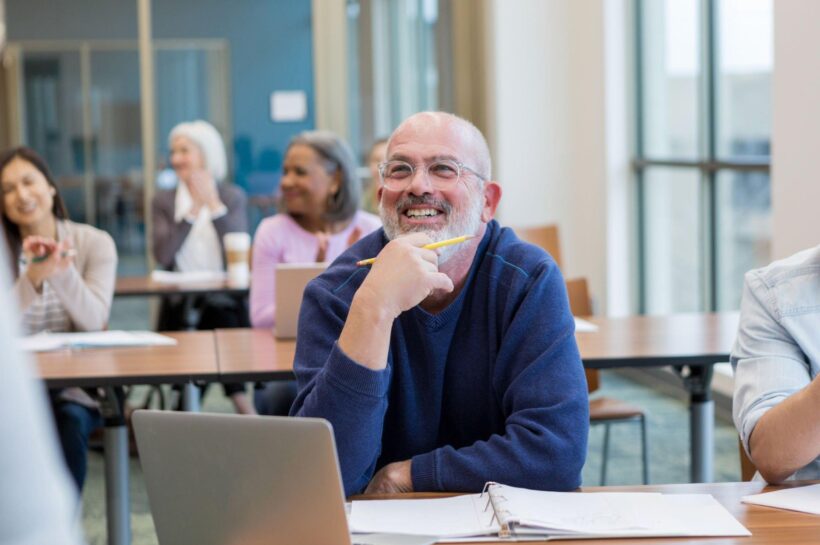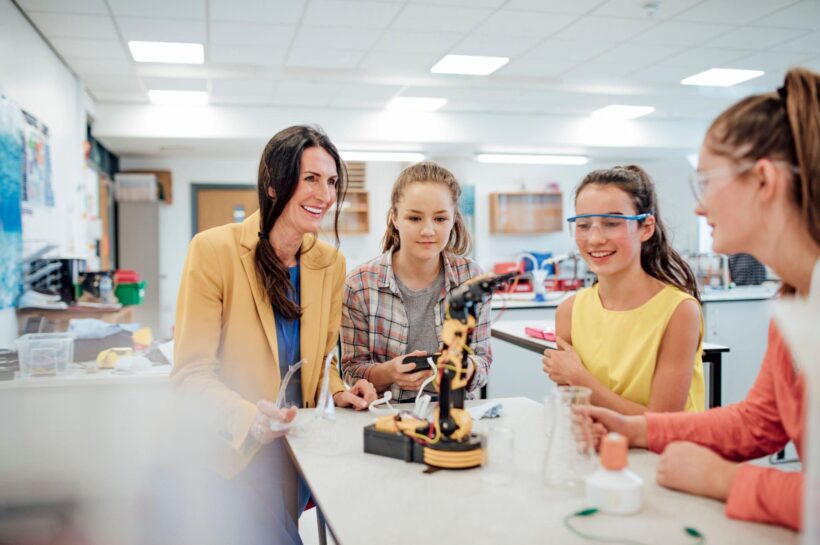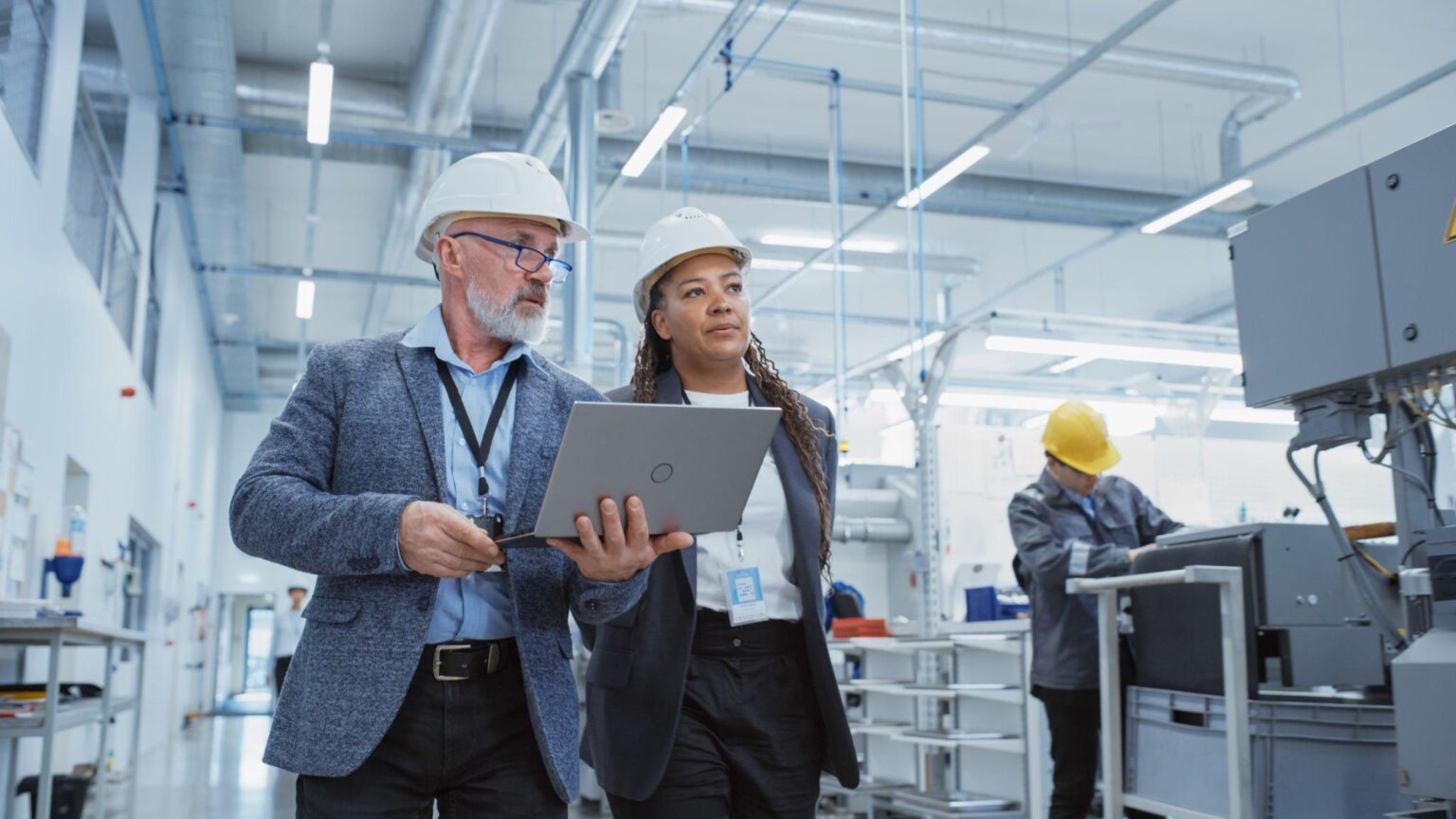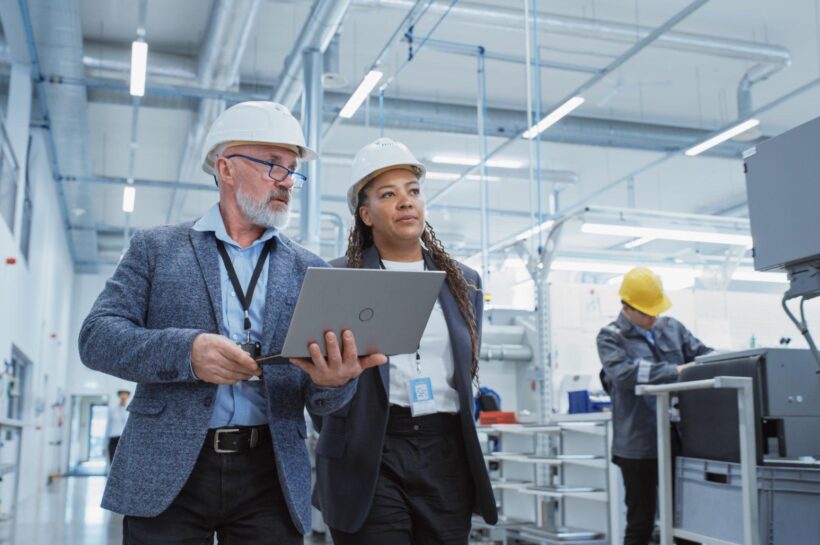In the dynamic realm of education, keeping pace with the latest trends is essential for educators, students, and policymakers alike. Navigating the intricate currents of modern learning requires a keen understanding and acceptance of the shifts that mold the future of education. This article explores the pivotal trends currently shaping the educational landscape, providing valuable insights into how they are revolutionizing classrooms and learning experiences. To stay informed about emerging educational paradigms, delve into the comprehensive resources available at Education Trends.
Personalized Learning
One prominent trend at the forefront of education is personalized learning. Tailoring education to individual student needs, preferences, and pace has become a cornerstone in fostering a more effective and engaging learning environment.
Technological advancements, such as adaptive learning platforms and artificial intelligence, play a pivotal role in customizing educational experiences to suit diverse learning styles.
Remote and Hybrid Learning Models
The global shift towards remote and hybrid learning has been accelerated by recent events. With technology acting as an enabler, educators are exploring innovative ways to deliver content, facilitate discussions, and assess students’ progress in virtual and hybrid settings.
Understanding and optimizing these models is key to ensuring a seamless transition between traditional and online learning environments.
Integration of EdTech Tools
Educational Technology (EdTech) continues to revolutionize classrooms worldwide. From interactive whiteboards to virtual reality experiences, educators are integrating a plethora of tools to enhance engagement and facilitate better understanding. Exploring the latest EdTech trends and incorporating them into teaching strategies is essential for staying relevant in today’s educational landscape.
Focus on STEM Education
Science, Technology, Engineering, and Mathematics (STEM) education remains a focal point, addressing the growing demand for skills in these fields. Schools and institutions are placing a renewed emphasis on STEM curricula and extracurricular activities, preparing students for the challenges and opportunities presented by an increasingly technology-driven world.
Emphasis on Social-Emotional Learning (SEL)
Recognizing the importance of holistic development, education trends now place a heightened emphasis on Social-Emotional Learning. Beyond academic achievements, fostering emotional intelligence, resilience, and interpersonal skills is considered crucial for preparing students for success in both their academic and personal lives.
Inclusive Education Practices
Diversity and inclusion are gaining prominence in education. Schools are increasingly adopting inclusive practices to ensure that all students, regardless of background or ability, have equal access to quality education. Exploring and implementing inclusive teaching strategies is pivotal for creating a welcoming and supportive learning environment.
Lifelong Learning and Continuous Professional Development
The concept of education as a lifelong journey is gaining traction. Both educators and students are recognizing the need for continuous learning to adapt to the rapidly changing job market. Institutions are investing in professional development programs to equip educators with the skills needed to navigate the evolving educational landscape effectively.
Conclusion
As we navigate today’s education landscape, it’s clear that change is not only constant but necessary. Embracing these trends ensures that educators and institutions are well-prepared to meet the evolving needs of students in a rapidly changing world.
Whether it’s personalized learning, the integration of technology, or fostering social-emotional development, these trends are shaping the educational journey and paving the way for a more dynamic and effective learning experience.
By charting the course of these trends, we can collectively build a foundation for an education system that empowers students to thrive in the 21st century and beyond.




